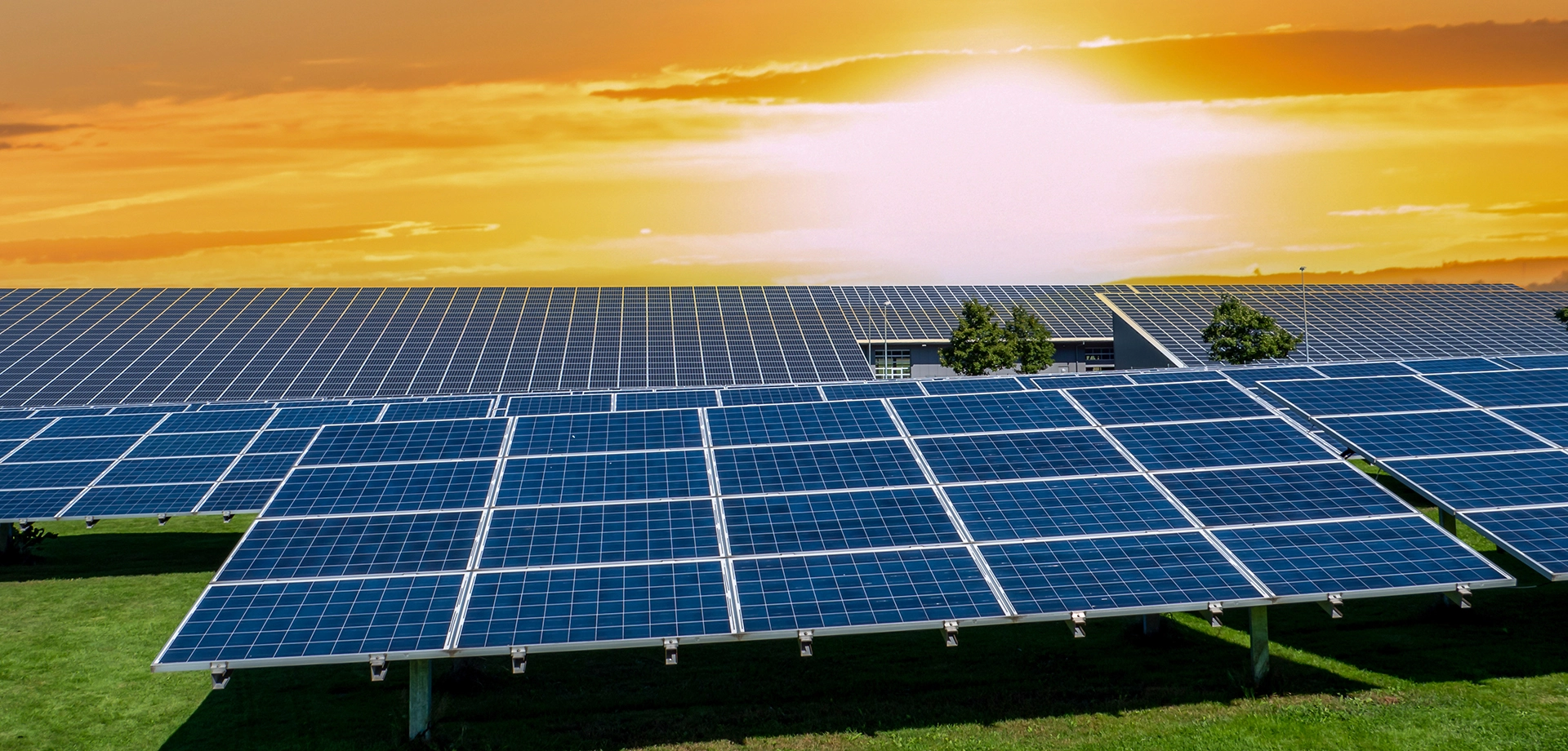On December 2, 2022, the U.S. Department of Commerce unveiled the highly anticipated, preliminary findings of its solar tariff anti-circumvention investigation. The Commerce Department found that four leading Chinese solar cell and solar module manufacturers (BYD Hong Kong, Canadian Solar, Trina and Vina Solar) avoided U.S. tariffs by routing some of their operations through Southeast Asia. Investigators determined the products shipped by these four companies were Chinese-made in totality and thus subject to tariffs on Chinese products. The four companies now face tariff rates ranging from 16% to a staggering 254%.
In addition, because the Commerce Department found that circumvention was occurring in each of Malaysia, Vietnam, Thailand and Cambodia, it made a “country-wide” circumvention finding, designating each country as one in which solar modules and cells are being circumvented from the People’s Republic of China. Notably, this finding is not a ban on solar cells or modules from these countries, but instead will require companies in these countries to certify that they are not circumventing the anti-dumping/countervailing duties (AD/CVD) orders and to refrain from altering their supply chain or production processes in order for the tariffs to not be imposed.
These preliminary findings are the latest development in this closely watched saga. The Commerce Department initially rejected in November 2021 petitions requesting an AD/CVD investigation and the imposition of tariffs against certain Chinese solar panel producers operating out of Southeast Asia. In March 2022, however, the Commerce Department changed course. In response to allegations from Auxin Solar, a U.S.-based solar panel manufacturer, the Commerce Department announced that it would investigate whether certain solar companies were routing products through Malaysia, Vietnam, Thailand and Cambodia to skirt substantial tariffs on Chinese solar panels. Of the eight companies examined by investigators, four were deemed compliant with tariff rules, and four were not. Sources say that investigators weighed several factors, including whether a majority of investments, manufacturing, and research and development were conducted in China, before final assembly in Southeast Asia.
The outcome of the investigation will not lead to immediate increases in solar tariffs because President Biden implemented a two-year suspension of duties in June 2022 that applies to solar imports from the four countries covered by the probe. Increases may still loom in the near future, however, and the Commerce Department’s preliminary findings and their imposition of tariffs will almost certainly result in continued uncertainty in the U.S. solar market. U.S. solar developers continue to navigate acute supply chain shortages, shipment disruptions, regulatory uncertainty, and other obstacles—all of which are amplified by the preliminary findings of the Commerce Department’s anti-circumvention probe.
The Commerce Department will release its final determination on the AD/CVD investigation in May 2023 after conducting on-site audits of the companies and gathering public comments.

